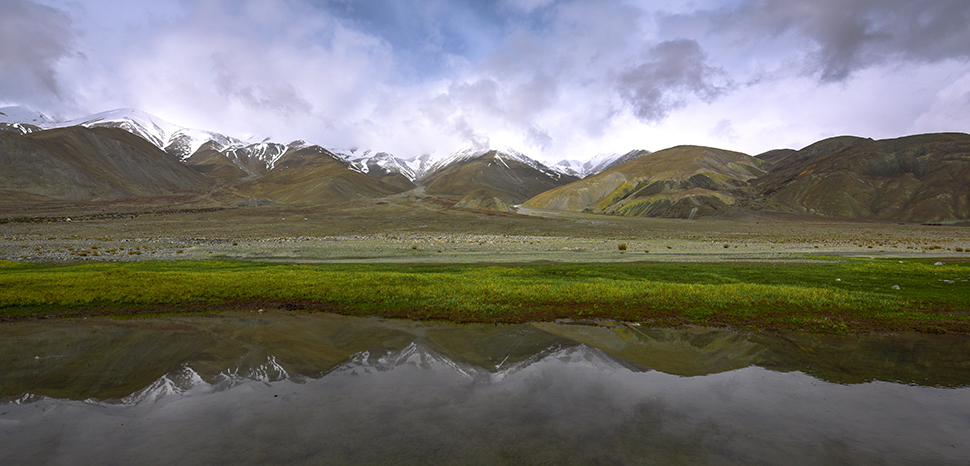Samadrito Mukherjee

In 2017, a military standoff between India and China took place in the Doklam Plateau, which is claimed by both China and Bhutan. During the standoff, Bhutan maintained a firm stance against China, with India providing support to Bhutan. However, in recent years, Bhutan’s stand on Doklam has shifted, causing concern in India about the future of India-Bhutan relations.
The recent shift in Bhutan’s stance on the Doklam Plateau has caused a significant impact on the longstanding and mutually beneficial ties between Bhutan and India. The change has caused concerns in India about Bhutan’s commitment to their strategic partnership and has made it difficult for India to trust Bhutan’s diplomatic reliability. Moreover, this shift may also pave the way for China to increase its influence in Bhutan, thereby undermining India’s position in the region.
The India-Bhutan partnership has been built upon a strong foundation of trust, cooperation, and friendship. According to recent data, bilateral trade between the two nations has witnessed a steady growth rate of over 20% in the last five years, reaching $1.4 billion in 2020. India has been a significant contributor to Bhutan’s economic development, with New Delhi providing financial assistance to Bhutan for various infrastructure projects, including hydropower plants, roads, and airports.
Additionally, Bhutan has always relied on India for its security, and India has played a crucial role in safeguarding Bhutan’s sovereignty and territorial integrity. India has also been a key partner in Bhutan’s socio-economic development, contributing to the education and healthcare sectors. The two countries have also cooperated closely on regional and international issues, including climate change and terrorism.
However, the recent shift in Bhutan’s stance on the Doklam Plateau has caused concern in India, with some experts viewing this move as a strategic tilt towards China. The Doklam region is of strategic importance to New Delhi, as it serves as a tri-junction between India, China, and Bhutan. The standoff between India and China on the Doklam Plateau in 2017 saw Bhutan and India standing shoulder to shoulder against China, with Bhutan relying on India’s support for its territorial claims. The recent shift in Bhutan’s stance has raised concerns in India about Bhutan’s commitment to its relationship with India and its willingness to maintain the strategic partnership in the face of Chinese overtures.
The shift in Bhutan’s stance may also make it difficult for India to maintain its influence in Bhutan, with China looking to expand its presence in the region. China has already made inroads into Bhutan, with reports of Chinese construction activities near the Doklam region. If China increases its influence in Bhutan, it may undermine India’s position in the region, and the strategic partnership between Bhutan and India may be at risk.
In conclusion, the recent shift in Bhutan’s stance on Doklam has raised concerns about the future of the India-Bhutan relationship. The two countries share a strong and longstanding relationship, built on a foundation of trust, cooperation, and mutual respect. However, India must address Bhutan’s concerns and work towards strengthening the relationship to prevent a potential shift in Bhutan’s foreign policy. India must also remain vigilant about Chinese activities in the region and continue to provide support to Bhutan to maintain its sovereignty and territorial integrity.
No comments:
Post a Comment